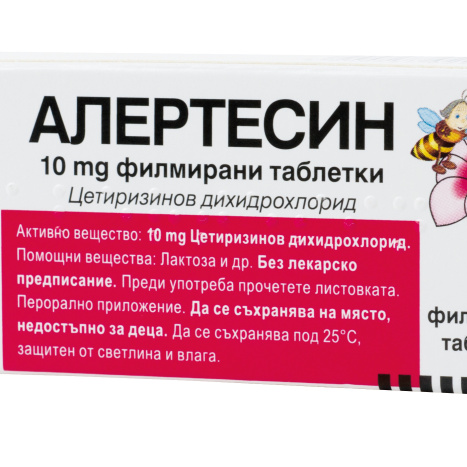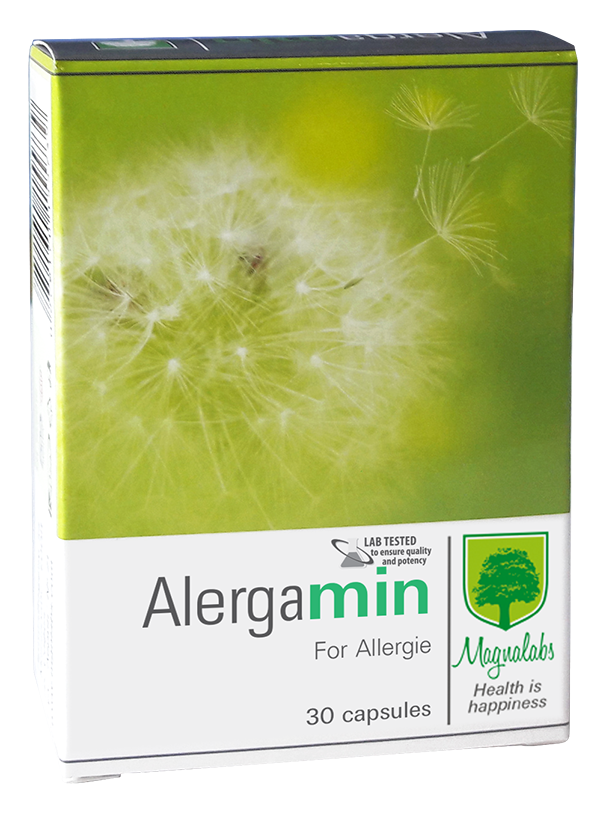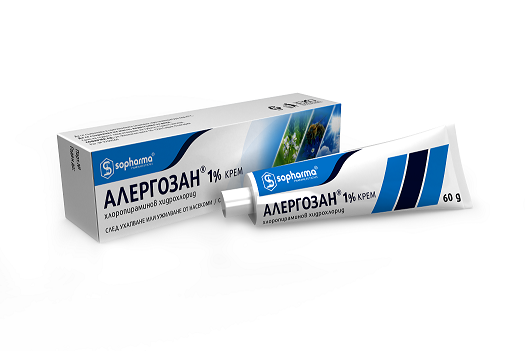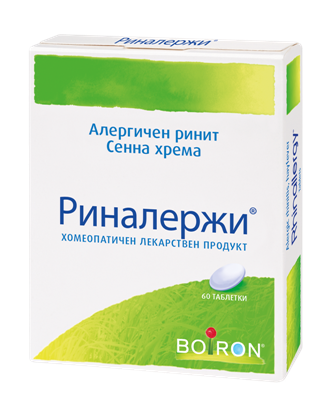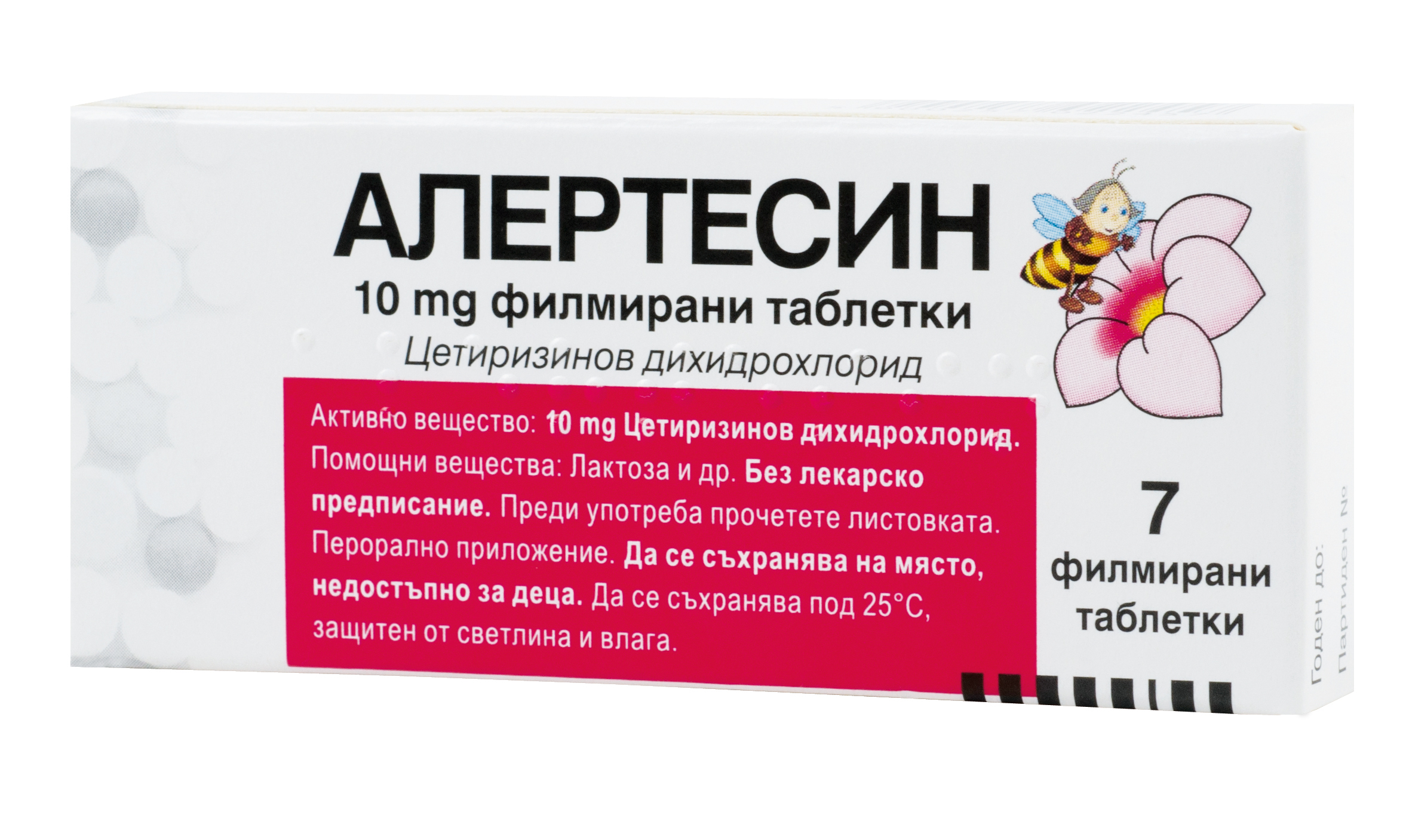ALLERTESIN / Allertesin 10mg x 7 tablets
Patient information leaflet
ALERTESIN 10 mg film-coated tablets
ALLERTESIN 10 mg film - coated tablets
Cetirizine dihydrochloride / Cetirizine dihydrochloride
Read all of this leaflet carefully before you start using this medicine because it contains important information for you.
Always use this medicine exactly as described in this leaflet or as your doctor or pharmacist has told you.
- Keep this leaflet. You may need to read it again.
- If you need further information or advice, ask your pharmacist.
- If you get any side effects, tell your doctor or pharmacist. This includes any possible side effects not listed in this leaflet. See section 4.
- If you do not feel better or your condition worsens, you should seek medical attention.
What this leaflet contains :
1. What ALERTESIN is and what it is used for
2. What you need to know before you take ALERTESIN
3. How to take ALERTESIN
4. Possible side effects
5. How to store ALERTESIN
6. Contents of the pack and other information
1. What ALERTESIN is and what it is used for
ALERTESIN is an antiallergic medicine containing cetirizine, which is used in adults and children aged 6 years and over:
- to relieve symptoms of seasonal and perennial allergic rhinitis (e.g. stuffy nose, copious watery nasal discharge, itchy nose, frequent sneezing, redness, tearing and itching of the eyes)
- to relieve symptoms of chronic idiopathic urticaria (long-term, persistent, intensely itchy hives)
- What you need to know before you take ALERTESIN
Do not take ALERTESIN if:
- you have severe kidney impairment (severe renal failure and creatinine clearance below 10 ml/min).
- you are allergic to cetirizine dihydrochloride or any of the other ingredients of this medicine (listed in section 6) and to hydroxyzine or other piperazine derivatives (their structure is similar to that of cetirizine and they are active substances in other medicines).
Warnings and precautions
- If you have impaired kidney function, you may need to take a lower dose. The dose will be determined by your doctor.
- If you suffer from epilepsy or have had seizures, you should consult your doctor before taking this medicine.
- If you feel like your bladder is not emptying (in cases of spinal injury or enlarged prostate), contact your doctor for advice.
- As with all antiallergic medicines, you should avoid drinking alcohol while taking ALERTESIN.
- If you need to have an allergy test, ask your doctor if you should stop taking ALERTESIN.
Wait a few days before testing. This medicine may affect the results of your allergy test.
Other medicines and ALERTESIN
Tell your doctor or pharmacist if you are taking/using, have recently taken/used or might take/use any other medicines.
No interactions with other drugs are expected.
ALERTESIN with food and drink
Food does not affect the absorption of this medicinal product.
Pregnancy and breastfeeding
If you are pregnant or breast-feeding, think you may be pregnant or are planning to become pregnant, ask your doctor or pharmacist for advice before using this medicine.
Your doctor will tell you whether ALERTESIN can be taken during pregnancy. You should not take this medicine during breast-feeding, as cetirizine passes into breast milk.
Driving and using machines
Clinical studies have shown that when this medicine is taken at the recommended dose, it does not affect the ability to drive or operate machinery, attention and alertness, and does not cause drowsiness. However, you should carefully assess the effect of the medicine and refrain from driving or operating machinery if you feel drowsiness or fatigue.
In sensitive patients, the simultaneous use of central nervous system depressants, such as strong analgesics, sedatives or alcohol, may enhance the effect of ALERTESIN on attention and affect the ability to react.
ALERTESIN contains lactose
This medicinal product contains lactose. If you have been told by your doctor that you have an intolerance to some sugars, contact your doctor before taking this medicinal product.
- How to take ALERTESIN
Always take ALERTESIN exactly as your doctor has told you. If you are not sure, ask your doctor or pharmacist.
You can take the medicine before, during or after meals.
The tablets should be taken with a glass of water.
The usual dosage is:
Children aged 6 to 12 years
5 mg (half a tablet) twice daily.
Adults and adolescents over 12 years of age
10 mg (one tablet) once daily.
Patients with moderate to severe renal impairment
The dose is determined individually by a doctor, depending on the severity of the kidney damage. The usual doses are:
- Mild kidney impairment
- mg (one tablet) once daily
- Moderate renal impairment
- mg (half a tablet) once daily
- Severe renal impairment
- 5 mg (half a tablet) every other day
Do not use this medicine if you have severe kidney failure, with a creatinine clearance below 10 ml/min.
Patients with hepatic impairment
No dose adjustment is necessary.
Elderly patients
No dose adjustment is necessary if renal function is not impaired.
Duration of treatment
The duration of treatment is determined by the doctor.
If you take more ALERTESIN than you should
If you have taken more than the recommended dose of this medicine, you should contact your doctor immediately, who will assess whether it is necessary and what measures should be taken.
After taking a higher than recommended daily dose, the following may occur: confusion, diarrhea, dizziness, fatigue, headache, feeling of general malaise, dilated pupils, itching, anxiety, sedation (calming), drowsiness, stupor (numbness), rapid heartbeat, tremor, urinary retention.
If you forget to take ALERTESIN
Do not take a double dose to make up for a missed dose.
4. Possible side effects
Like all medicines, this medicine can cause side effects, although not everybody gets them.
The following adverse reactions, including their frequency of occurrence, have been reported during post-marketing experience.
At the first signs of a hypersensitivity reaction (for example, swelling of the face, lips, tongue or throat, which may cause difficulty breathing or swallowing), stop taking this medicine and contact your doctor immediately. Such reactions are rare. Your doctor will assess the severity of the symptoms and decide what measures need to be taken .
Common (less than 1 patient in 10)
- fatigue
- dry mouth, nausea, diarrhea
- dizziness, headache
- drowsiness
- pharyngitis, rhinitis
Uncommon (less than 1 patient in 100)
- abdominal pain
- asthenia (feeling of weakness), feeling of general malaise
- unusual sensations
- irritability
- pruritus (itching), rash
Rare (less than 1 patient in 1000)
- rapid heart rate
- edema
- allergic reactions, sometimes severe (very rare)
- impaired liver function
- weight gain
- convulsions, movement disorders
- aggression, confusion, depression, hallucinations, insomnia
- urticaria
Very rare (less than 1 patient in 10,000 )
- thrombocytopenia (low levels of platelets in the blood)
- impaired accommodation (impaired ability of the eye to adapt for vision at far and near distances), blurred vision, oculogyration (uncontrollable circular movements of the eyes)
- syncope (fainting), tremor, altered taste
- ticks
- impaired urine output
- swelling, drug rash
Not known (frequency cannot be estimated from the available data)
- increased appetite
- suicidal thoughts
- amnesia, memory impairment
- urinary retention.
If any of these side effects become serious, or you notice any effects not listed in this leaflet, please inform your doctor or pharmacist.
Reporting side effects
If you get any side effects, please tell your doctor or pharmacist. This includes any possible side effects not listed in this leaflet. You can also report side effects directly via
Executive Agency for Medicines
8 Damyan Gruev Street
1303 Sofia
Tel.: +35 928903417
website: www.bda.bg
By reporting side effects, you can help provide more information about the safety of this medicine.
5. How to store ALERTESIN
Keep out of the reach of children.
Store below 25°C, protected from light and moisture.
Do not use this medicine after the expiry date which is stated on the carton.
The expiry date refers to the last day of that month.
Do not throw away any medicines via wastewater or household waste. Ask your pharmacist how to dispose of medicines you no longer use. This will help to protect the environment .
6. Contents of the pack and other information
What does ALERTESIN contain?
- The active substance is cetirizine dihydrochloride. One film-coated tablet contains 10 mg of cetirizine dihydrochloride.
- The other ingredients are: lactose monohydrate, microcrystalline cellulose, corn starch, povidone K-25, magnesium stearate, carmellose sodium, colloidal silicon dioxide, sodium lauryl sulfate, hypromellose, macrogol 6000.
What ALERTESIN looks like and what the pack contains
ALERTESIN are film-coated tablets. The tablets are oblong with a score line, white to cream in color, biconvex with a smooth surface.
Available in packs of 7 or 20 film-coated tablets in a PVC/aluminium foil blister, in a cardboard box.
Marketing Authorisation Holder and Manufacturer
Warsaw Pharmaceutical Works Polfa SA
22/24 Karolkowa St.
01-207 Warsaw
Poland
For any information about this medicine, please contact the local representative of the Marketing Authorisation Holder:
Warsaw Pharmaceutical Works Polfa SA
22/24 Karolkowa St.
01-207 Warsaw
Poland
Date of last revision of the leaflet :
29.01.2015


